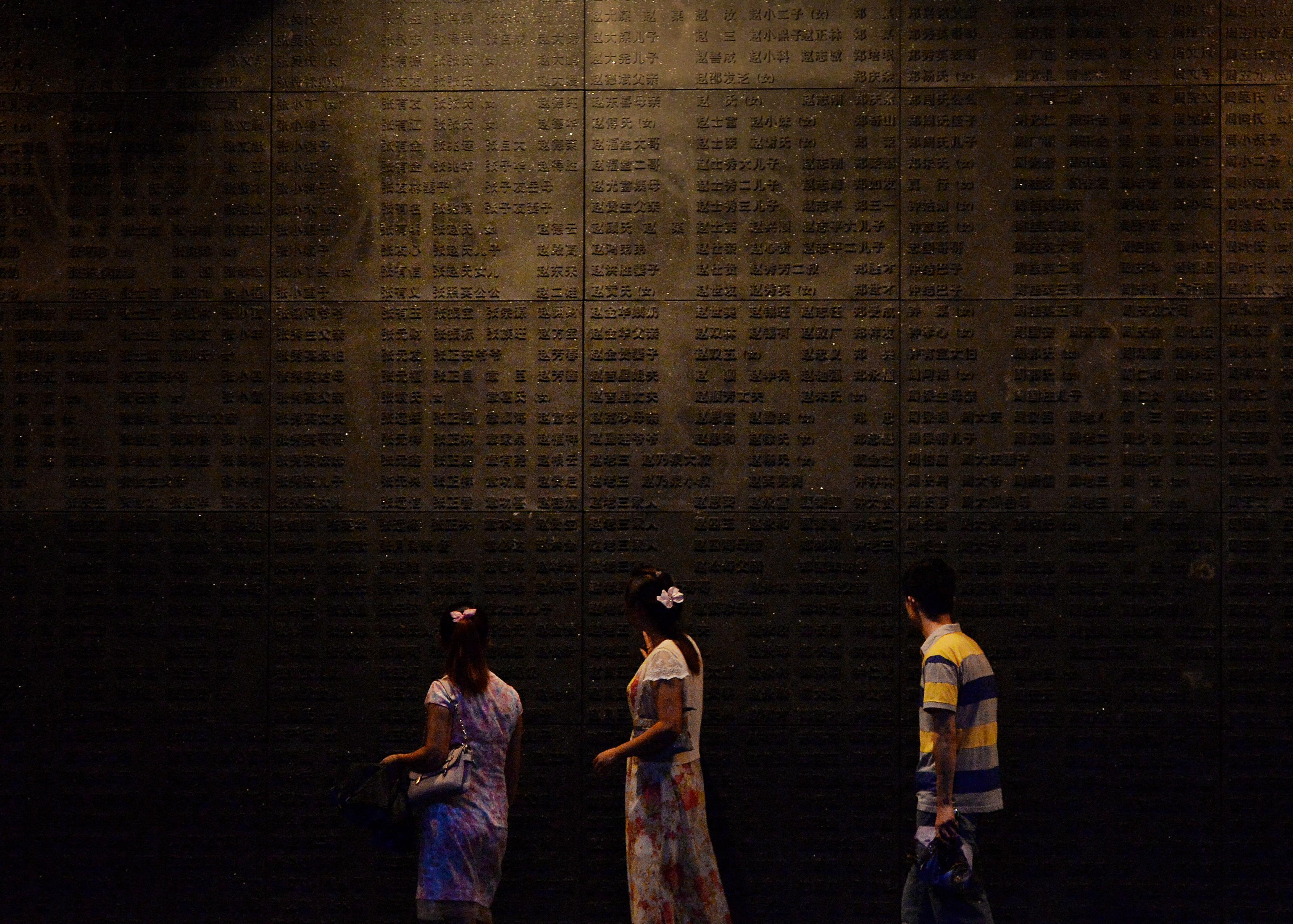This question originally appeared on Quora.
Answer by Charity Shi:
I am from Nanjing (or Nanking, the old spelling). It was the capital of China during World War II. The Japanese army is said to have killed 300,000 citizens, mainly non-soldiers and including seniors, women, and children in a very short time after they occupied the city in December 1937. The number is not accurate due to a poor infrastructure in China at that time and is believed to be exaggerated by current China’s government (which is part of the reason the Japanese government, most of the Japanese, and the Western world don’t give very good mentions to such a big tragedy in their history textbooks). But the massacre was definitely committed, as Hong Kong and Taiwan also say so, with different details. I have a friend whose great-grandfather was killed in it.
I was living in an environment where everyone hates Japan, or I should say, everyone feels responsible to hate Japan. I have high school classmates who are big fans of J-POP and crazy about Japanese manga, but if you ask them, they would never say they like the country. I used to go to a middle school where students could choose to learn French, German, or Japanese instead of English before school starts, if their scores pass a higher cut-off line. There are always students that regret their choices at the last minute, and the school has to recruit students who were not even admitted before to reach the minimum size of a class. Even so, the Japanese class is always the smallest one, despite the fact that Japanese would be very useful in east China. And there was even one year with no students.
Every year on Dec. 13, the date the massacre began, we have alarms all over the city to remind us of what we have been put through because we were not strong enough to defend the country. A Japanese teacher in the school above once got attacked when he went on street on that day.
But this not the story I want to tell. Growing up in such a city, I thought every Chinese person hates Japan until I went to college in Shanghai. There are lots of Japanese corporations in Shanghai. Many young Shanghainese could say some simple Japanese phrases (maybe no better than American’s Spanish, but that’s better than other cities in China considering we don’t even learn English well). Shanghainese are more likely to get chances working abroad, and many of them are working in Japan. The whole atmosphere on this issue is much more friendly, even it is only two hours train travel away. Living there for four years, I was influenced and learned to accept Japan as a normal foreign country as others.
There was one time I brought up the difference I observed between Shanghainese and Nanjingese’ attitudes. And a guy, who is from north China, a third party, said people from my hometown should not be so full of hatred. The guy’s own grandpa was brought away by Japan army during World War II and never came back. And his words put me into a reflection.
My hometown is not a city of hatred. We have a history of north and south China immigrants living together which created today’s mixed culture. The city is very easy-going, not as much arrogance or materialism as some other big cities. You rarely hear natives use the term outsiders refer to people from other places. But yes, we are very unforgiving to Japan. We are not born to be this, but the war has changed the city’s personality.
I, personally, don’t hate Japan anymore. It is meaningless to hate the new generation for something they cannot make a change to (the politicians, after all, are only a small part of the whole population). But I still feel sad. What makes me sad is not the history, but the injury made by it. You hurt the city, the people, the country, and you can never fix it. You bury a seed of hate, and the seed will grow itself, can turn the place worse (even if it may be reasonable resentment). And now nearly seventy six years have passed, but the condition is never better. That is something I can never walk by.
More questions on China:
